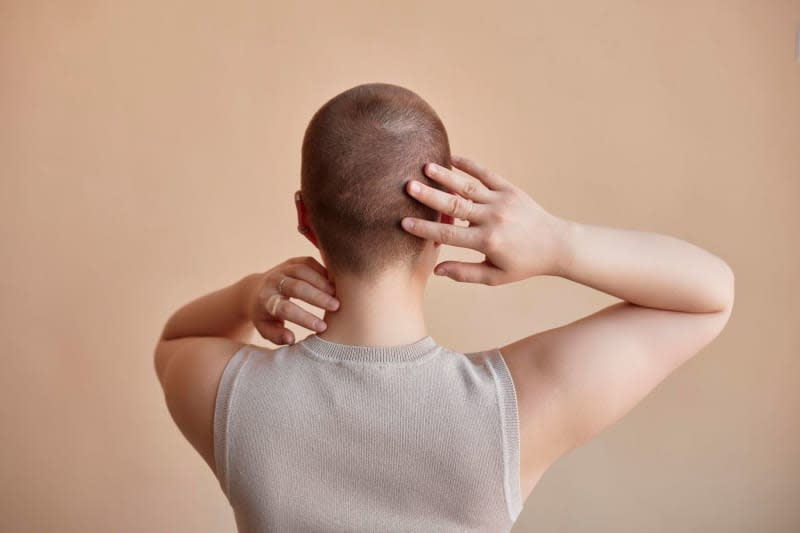Diagnosing adult ADHD: What you ought to know

When a child is diagnosed with attention-deficit/hyperactivity disorder (ADHD), many parents begin to look at their own emotions and behaviour with new eyes. Might they also have ADHD, as yet unrecognized? After all, it can run in families.
"For a lot of adults, an ADHD diagnosis for their child is the first impetus to be tested themselves," says Dr Matthias Rudolph, a specialist in psychosomatic medicine and psychotherapy.
And for good reason, because ADHD is a genetically determined, neurobiological metabolic disorder in which the brain is hypersensitive to sensory stimulation. There's an imbalance of the neurotransmitters dopamine and noradrenaline.
Adult ADHD symptoms can include inattentiveness, impulsiveness and low frustration tolerance, and sometimes also restlessness, forgetfulness and daydreaming.
Some ADHD sufferers typically act based on their "gut feeling," have frequent mood swings and are liable to abruptly end a relationship or quit their job. Others throw themselves into sports, particularly extreme sports.
Alcohol or drug abuse aren't uncommon, the latter not because of the "kick." "Some ADHD sufferers take drugs in an effort to treat their condition themselves," says neurologist Dr Carolin Zimmermann.
A further symptom is "losing the thread," as Rudolph puts it. Many ADHD sufferers have trouble systematically planning their day, and they often misplace objects such as keys, their smartphone and credit cards.
On the other hand, many can focus intensely on things they find exciting. They're perfect crisis managers and at their best when others are at their wit's end. "This is why many of them are active in the arts or show business, work in IT or start-ups," says Zimmermann.
Women are less likely to be diagnosed with ADHD than men are, according to Rudolph, largely due to prevailing gender stereotypes/expectations: Boys are noisy and fidgety, girls quiet and dreamy. "But if you take a closer look, this isn't always true," he says.
The biggest difference between the sexes when it come to ADHD, he says, is that men tend to present their symptoms externally and see their misconduct as the fault of others, while women tend to internalize their symptoms and blame themselves. As a result, "many women come to me with depression or anxiety."
Eighty percent of adults with ADHD have a coexisting condition, and 60% have two or more, Rudolph says. Among them are depression, anxiety disorders and addiction.
To be tested for ADHD, you can see a neurologist, psychotherapist, psychiatrist or specialist in psychosomatic medicine. You need patience, however, because you may have to wait many months for an appointment.
It's a good idea to see your GP first, who can make an initial assessment and perhaps refer you to a suitable doctor. Together you can fill out a self-screening questionnaire prepared by the World Health Organization to determine whether you might have adult ADHD.
You can also go over teachers' remarks on your old primary school reports together, if you still have them. Both Rudolph and Zimmermann ask to see them whenever someone comes to their surgery to be evaluated for adult ADHD, as symptoms start in early childhood and continue into adulthood.
Giving the doctor a list of your symptoms can be helpful as well, Zimmermann says.
If the diagnosis is positive, treatment of your ADHD will consist of several elements. Medications are an important one, often complemented by cognitive behavioural therapy aimed at helping you to better structure your life. Other elements can include occupational therapy, sport and self-help groups.

